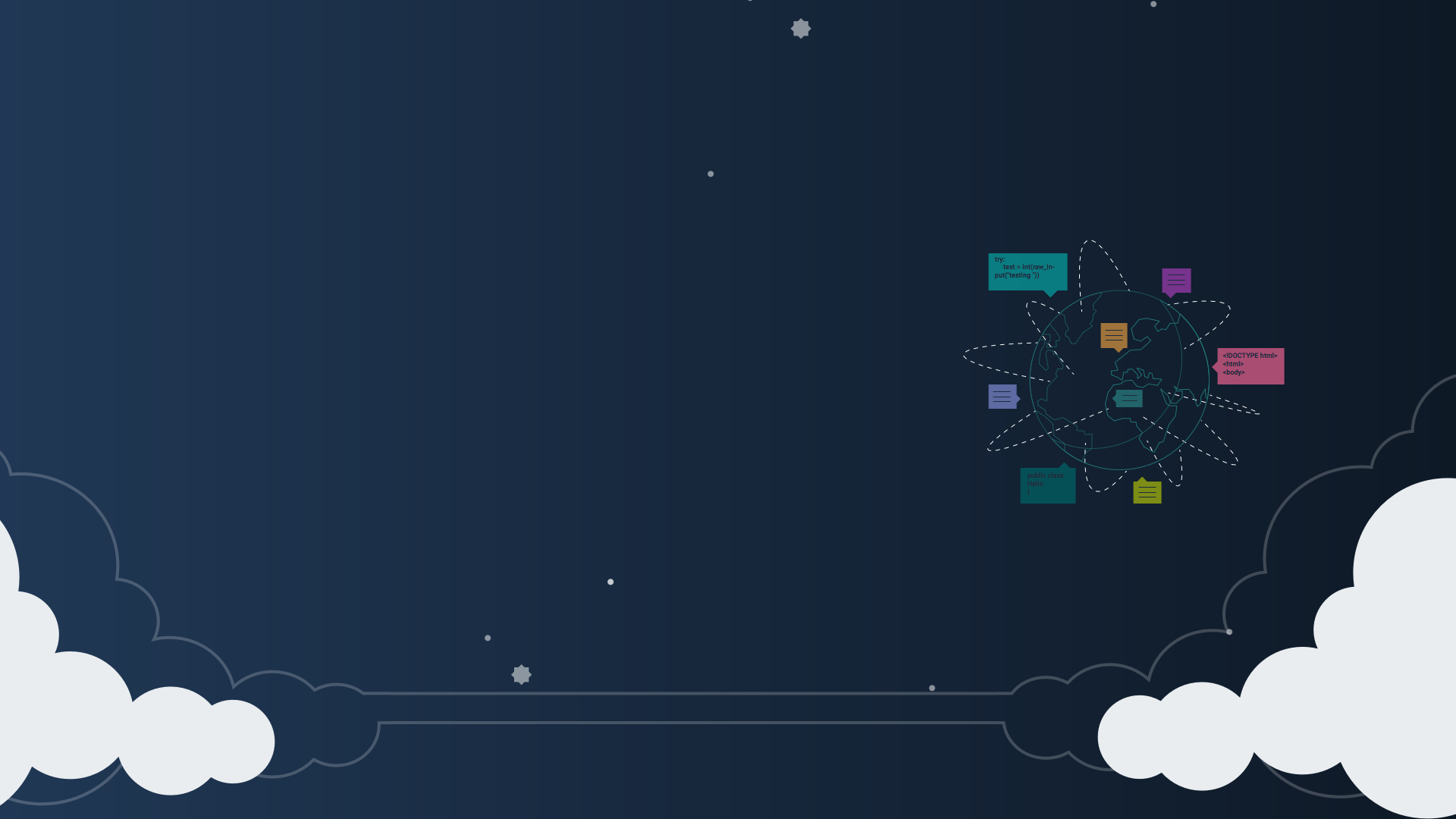
openSUSE @ GSoC
Flip bits, not burgers!
Google Summer of Code is a global program that offers students a stipend to write code for free software projects. openSUSE has participated in several Google Summer of Code since 2006 and has helped around 100 students to get started with free software!
This year openSUSE once again applied to be a mentoring organisation. A list of project ideas can be found on https://101.opensuse.org/#projects
How does it work?
Check if you’re eligible for GSoC on the official Google Summer of Code website!
Select one of our mentoring projects and follow the get started instructions in the project description.
Ask questions in our mailing list, tweet us at @opensusementors or IRC and get in touch with the mentor.
If the mentor is to your liking and you want to do this project for GSoC you write up a project proposal.
Between March 24 and April 8, 2025 students can submit their project proposals on the GSoC program site.
On May 8, 2025 Google will announce accepted mentee proposals.
Code the summer away.
SUCCESS!
What can I do?
Just pick one of our projects and follow the get started instructions:
Please wait for loading the projects ...
You can find a description of the different openSUSE projects on our 101 projects page.
Nothing you like? Do you have your own idea? Awesome, just get in touch with our team! Creativity and initiative are qualities we highly appreciate.
Google Summer of Code 2016 Projects
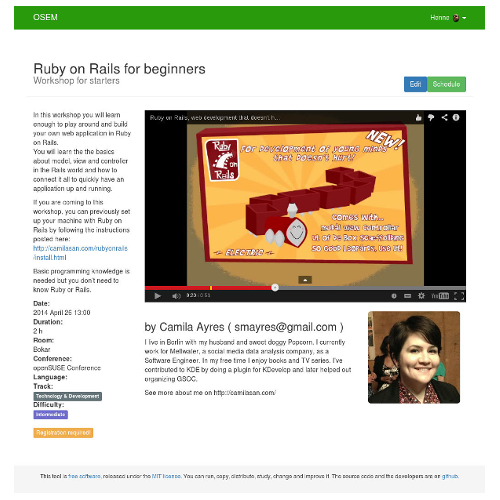
Enhance Osem Visitor Experience
This project concentrates on the schedule of Events in the Open Source Event Manager. The admin interface to build the schedule will be integrated, the scheudile page will be made mobile friendly. It will introduce schedule versions and allowing individual user schedules.
- Mentors: Christian Bruckmayer, Henne Vogelsang
- Mentee: Ana María Martínez
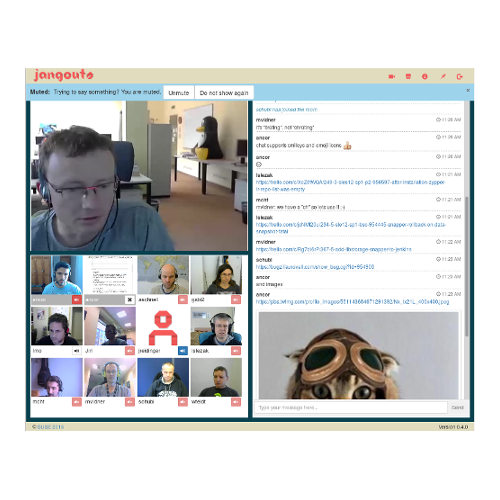
Port Jangouts From Angularjs 1.4
Migrate the code of Jangouts from Angular 1.4 to Angular 2. During the transition a test suite will be added.
- Mentors: Imobach González Sosa, Ancor González Sosa
- Mentee: Martin Garcia
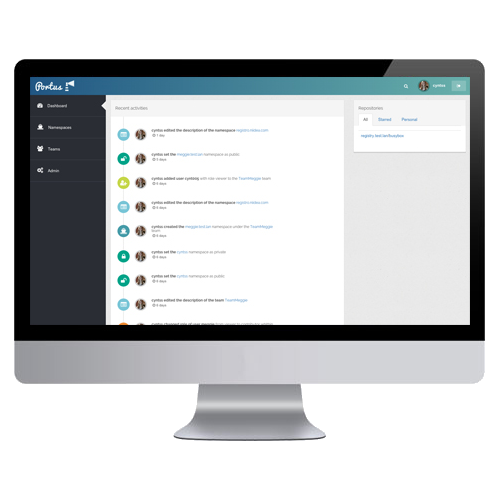
Improve The Ui Of Portus
This project concentrates on the user interface (UI) of Portus. It will address layout problems on different devices, especially on small screens. Furthermore the UI also need some improvements in performance, filtering and search.
- Mentor: Miquel Sabaté
- Mentee: Matheus Fernandes
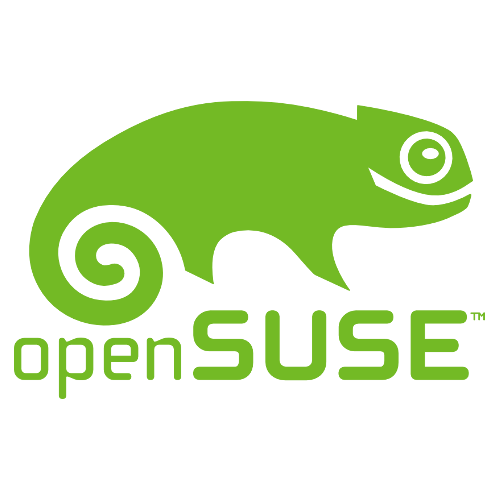
Improve One Click Installer
This project aims to create a version of the QT based one-click installer with much improved user interface which is easier to use, gives more information and looks nicer than the current version.
- Mentors: Antonio Larrosa, Cornelius Schumacher
- Mentee: Shalom Rachapudi David
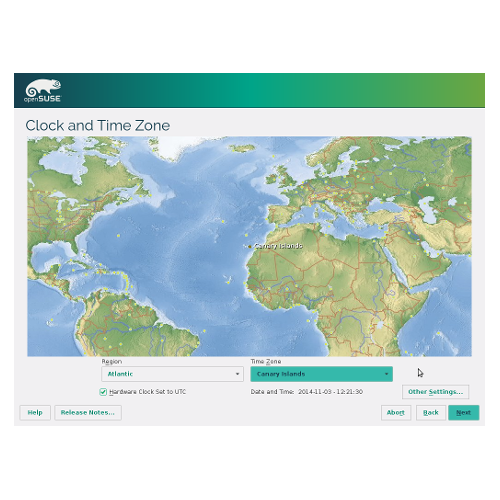
Alternatives Yast Module
Build a YaST module to manage update-alternatives with an easy and simple graphical user interface that makes easier the configuration of alternatives and enhance the user experience.
- Mentors: Ancor Gonzalez Sosa, Josef Reidinger
- Mentee: Joaquín Yeray Martín de la Nuez

Ticket Payment Feature For Osem
The Open Source Event Manager currently lacks the ability for a user to pay for conference tickets online. In this project, we aim to fill this gap in functionality by adding ticket payment features. This will improve user experience by making the ticket purchase workflow smoother.
- Mentors: Artem Chernikov, Hernan Schmidt
- Mentee: Rishabh Saxena
Become a Mentor!
The world needs more free software hackers/code. We think mentoring is very important for the future of openSUSE. It brings new people to the culture and practices of free software who will enrich our community with their skillsets, ideas and talents.
Being a mentor requires your time, a clear vision of your project and good organization skills. We carefully compiled some tips, tricks and guidelines for mentoring into our mentor guidelines . Please read this for more information about being a mentor.
You want to know what it means to mentor a new contributor to our project?
Wonderful, let us guide you on what we think is important to know, what our best practices are and which behavior in mentors we desire. Here is our ten step program for mentoring!
1. Mentees First
We believe in putting the mentees needs first. You need to emphasize with the mentee, understand their personality, requirements and circumstances. Make an effort to understand where the mentee comes from and what you need to do, to get them to contribute to free software. Mentoring is about them, not about your or openSUSEs needs.
2. Build a Relationship and have a lot of fun…
The most important goal is that you build a relationship based on trust and respect with the mentee and that you have fun together. Without this everything else you’ll do is in vein! Such relationships do not just happen, they need ongoing effort and attention, especially during the early stages.
3. Be a role model
Today this sounds like a weird thing from the 60s and it makes most people uncomfortable but you need to be a role model for your mentee! Free Software development is as much about behavior in a community, knowing what you want, and the ability to convey this to others as it is about pointers, gcc macros and git command line options. You need to ensure that your mentee can follow your example and that you’re not passing on your bad habits. You are responsible for developing the competence AND character of the mentee!
4. Set goals and expectations
The first thing you’ll do together with the mentee is to prepare for the far future. Precise, reasonable and well-thought-out goals are a must for every successful mentoring project. Getting into free software development can be an overwhelming and daunting endeavor. A decent plan provides a path and helps to take one step after the other into this strange new world. It’s your duty that the goals and expectations for the project are do-able, provide orientation and are technically sound. You’re the expert!
5. Track Progress
We encourage you to set up regular milestones in your plan that get reviewed and celebrated by you and your mentee. It’s important to understand where you are and how you progress. Additionally we believe that talking as often as you can is what builds the relationship and bonding with your mentee. The consistency of your relationship is very important. Find a regular schedule where you meet, we recommend short daily meetings to check in on progress and address obstacles.
6. Use the community
Our community consists of very experienced people and is one of the biggest and diverse free software projects on this planet. We provide well thought out structures, processes and infrastructure that reflect our experience with introducing new contributors since day one of our existence. openSUSE believes that one of the most important tasks is to bring in new hackers with new perspectives, backgrounds and ideas into our community. Make sure that you make use of this environment to the full extent!
7. Be Agile
The only thing that is constant is change! You need to adapt your plan, milestones, time line, the technical details, your behavior and attitude during your time. Respond to change, help your mentee to do the same. Be open, courageous, and committed!
8. Collaborate
Whatever challenge you face, remember you are not alone! You mingle on the shoulders of giants together with many other openSUSE mentors. Make sure you share your experience, your ideas and your problems with them. All of you strive to reach the same goal: getting people into free software. Make sure you work together in an open, transparent and friendly manner as part of our worldwide community.
9. Want this
Mentoring requires time, effort and endurance. It will cost you some evening you wanted to go out with your friends, at least an hour every day and a lot of nerves because you explain things that are obvious to you over and over again. If you are not sure that you are willing to do this then it’s probably better you don’t do it.
On the other hand mentoring will give you the satisfaction of being a positive influence in the life of someone else. You will see a new contributor grow into our community and you will achieve results that matter for openSUSE. You will also get the opportunity to learn something together and sometimes even making a new friend for life!
10. Don’t follow this program, form your own opinion!
This HOWTO is no religion and there are many awesome resources about mentoring in general and about mentoring for free software development in particular out there. Don’t trust us, inform yourself and make up your own opinion! Here are some pointers.
Okay, let’s mentor!
Add issues for your project to our repository
Label your issues with GSoC and assign yourself
When students get in touch with you in the issue, help them
Between March 24 and April 8, 2025 students have to submit a proposal for your project to the GSoC program site. Help them
On May 8, 2025 Google will announce accepted student proposals
If one of your students proposals makes the cut, GSoC starts and runs all summer!
Google Summer of Code is a very well thought out program with many roles, processes and terms. Still have questions? Check the FAQ and/or get in touch with our team!
